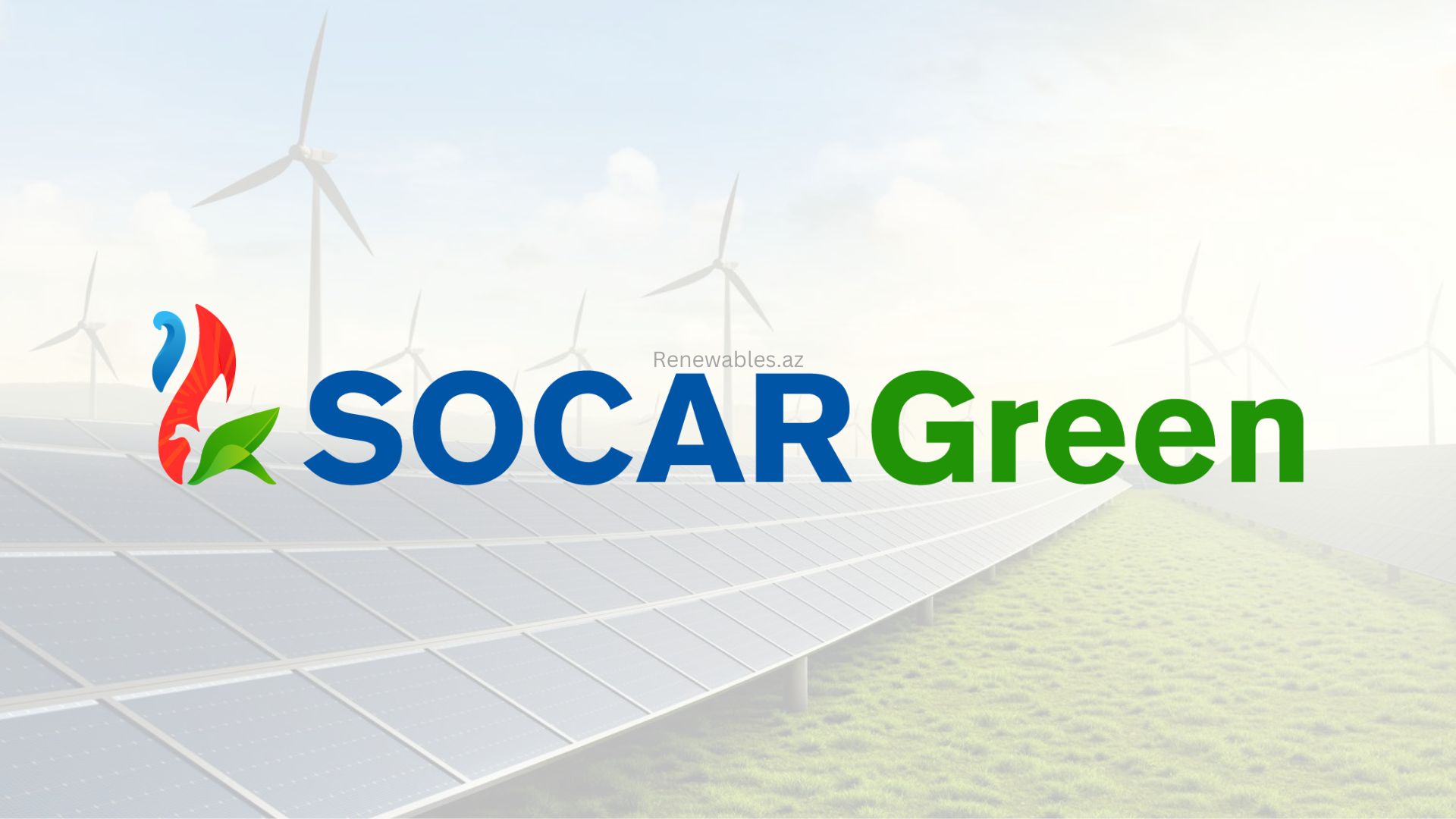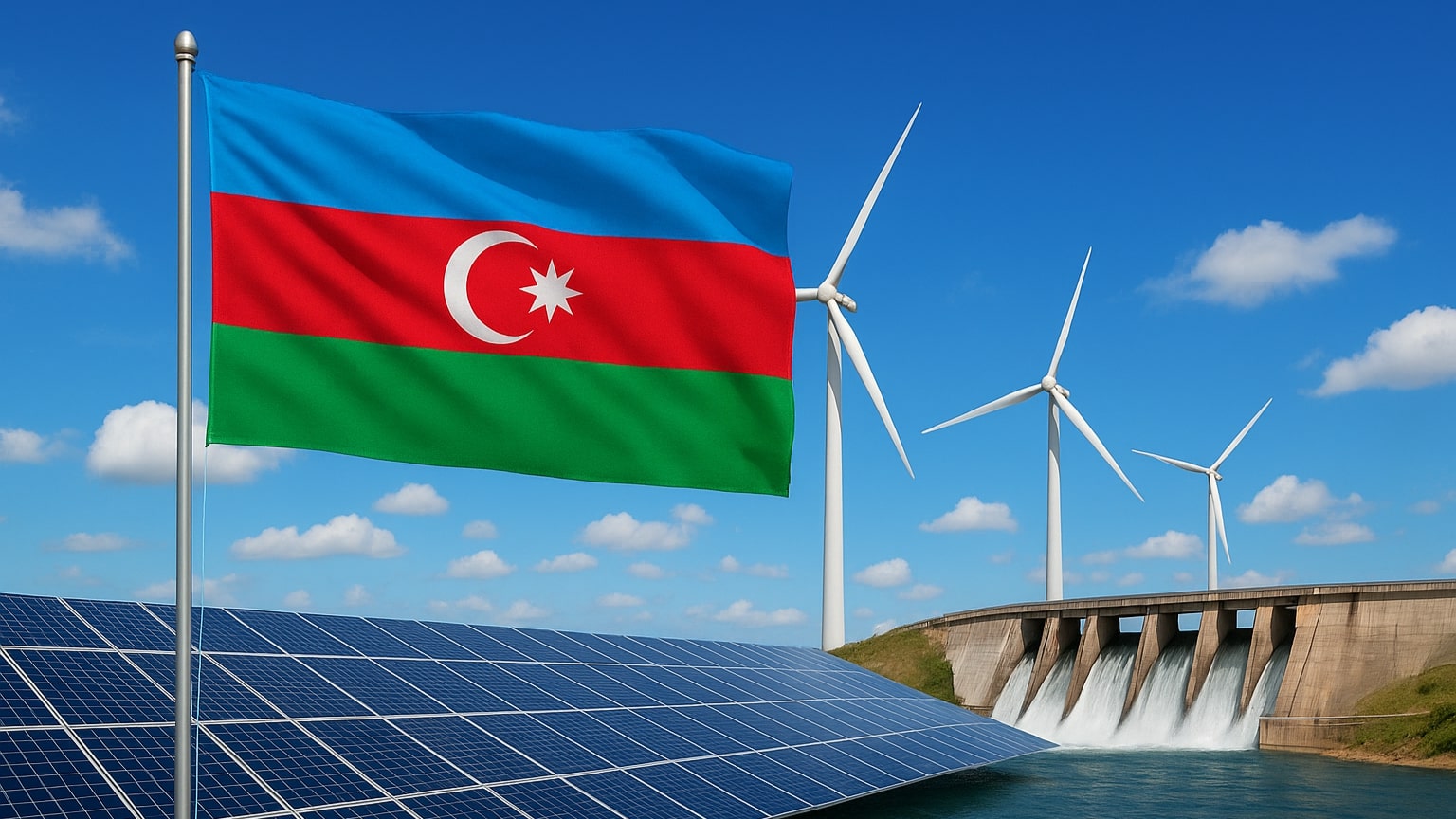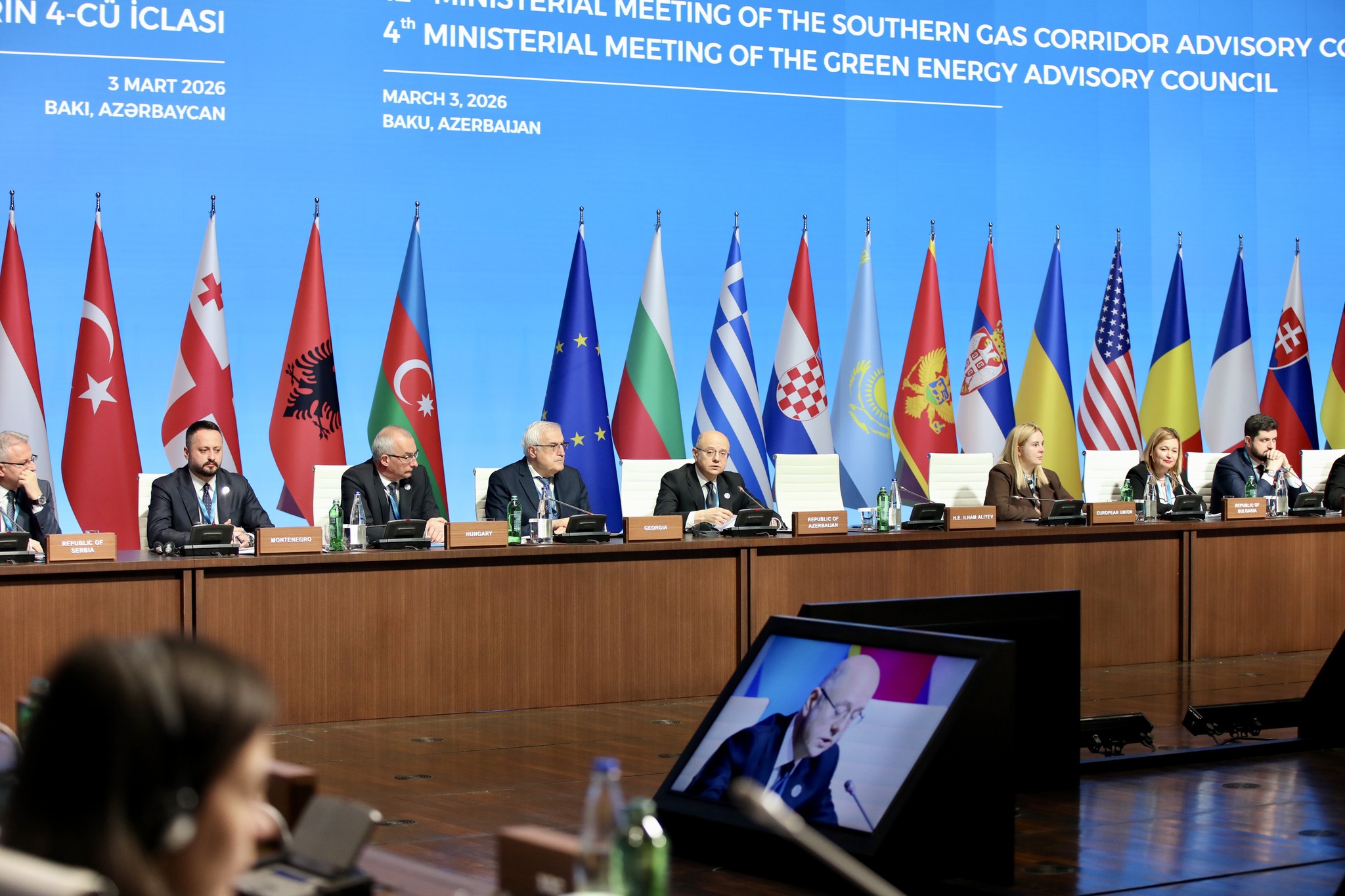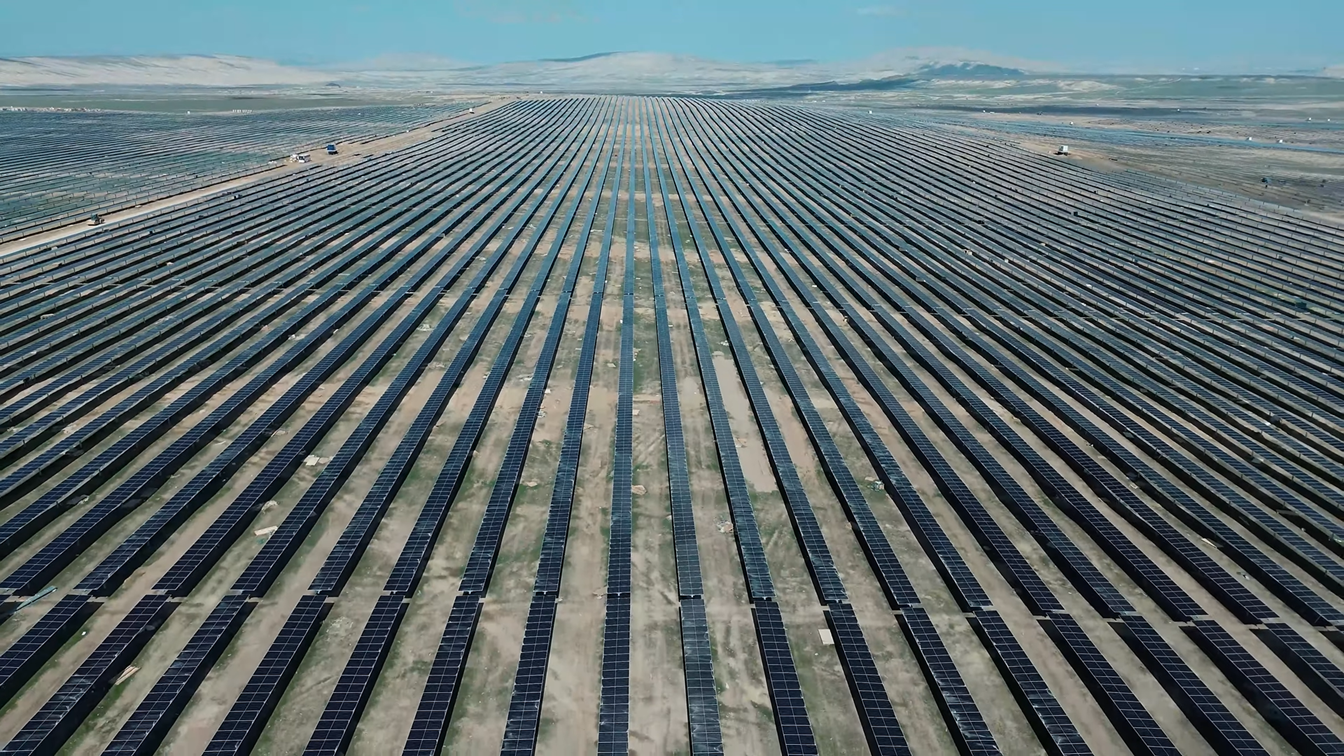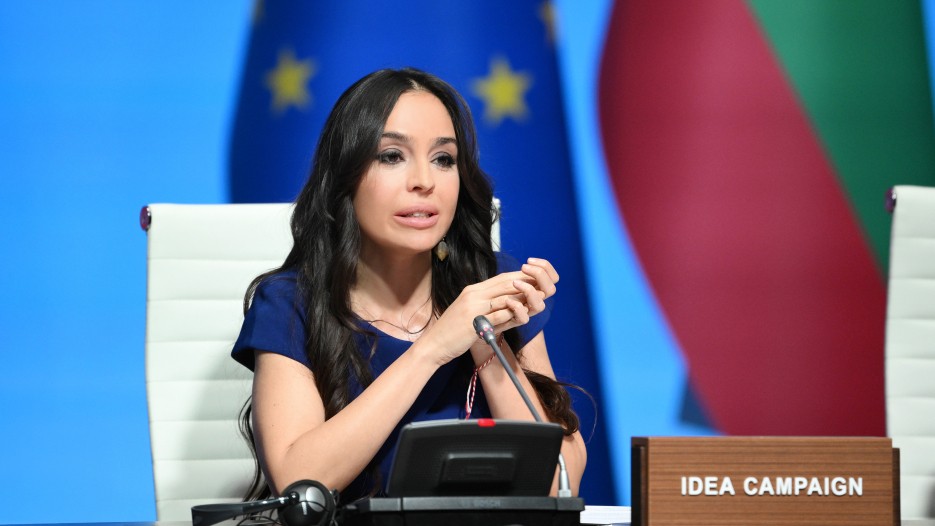North Macedonia interested in Azerbaijan"s experience with renewable integration, Sanja Bozinovska, Minister of Energy, Mining and Mineral Resources of North Macedonia told Report.
Minister said: "The potential for cooperation is substantial, especially in solar and wind. Our country recognizes the value of Azerbaijan's experience in integrating renewable energy sources into the national energy system and is open to cooperation that would contribute to strengthening its own capacities in this strategic area. In the context of global energy challenges and decarbonization commitments, the country is actively working on transforming its energy sector by increasing the share of green energy, improving energy efficiency, and encouraging technological innovation. The potential for bilateral cooperation with Azerbaijan is significant, particularly in the development of joint renewable energy projects, knowledge and expertise transfer, and the creation of a favorable regulatory and investment climate, with the aim of exchanging experiences, technologies, and investments in the green transition.
"According to official data, the installed capacity of power plants utilizing renewable energy sources by technology, as of 2024, is as follows: Photovoltaic power plants with an installed capacity of 848 MW, wind power plants with 82 MW, hydropower plants with 720 MW, biogas power plants with 12 MW and biomass power plants with 1 MW. In recent years, interest in installing renewable energy capacities has increased significantly. This trend has led to a notable shift in the structure of domestic electricity production. Over the past four years, a total of 1,201 new power plants have been constructed, including 345 new photovoltaic plants built in 2024 alone. Our country has set ambitious goals for the development of renewable energy sources as part of its transition toward a sustainable energy system and fulfillment of climate obligations. In line with the National Energy and Climate Plan, we are actively advancing energy transition, gradually phasing out coal as an energy source. A central element of this strategy is the closure of outdated thermal power plants and their replacement with more environmentally friendly alternatives. Anticipated investments in solar and wind capacities are considered key drivers of long-term sustainability and energy independence. In parallel, the country is preparing to introduce a carbon pricing mechanism aligned with the European Union's Emissions Trading System (ETS), aimed at reducing harmful emissions and stimulating the growth of a green economy. Additional measures include support for electric vehicles and the development of sustainable transport models, laying the foundation for a more environmentally friendly and efficient mobility system. As part of its energy transition and commitment to sustainable development, we have seen a significant increase in foreign investment in the renewable energy sector. Several international companies and financial institutions play a vital role in the implementation of renewable energy projects, as well as in supporting regulatory and infrastructure reforms. Foreign investors play a major role. The European Bank for Reconstruction and Development (EBRD) is a strategic partner in phasing out coal, through the Just Energy Transition Platform, KfW supports technical assistance and financing of green projects, especially in energy efficiency. The World Bank, the French Development Agency (AFD), IFC, and UNDP are all key partners in the energy reforms being led by the Government..."
"With support from the Western Balkans Investment Framework, a Hydrogen Study is underway for the Serbia–Macedonia interconnector, expected by Q3 2025. The study will assess hydrogen demand, integration with renewable technologies, storage, and use in transport and industry. Both Serbia and our country are expected to play an important role in the Pan-European hydrogen network."
...Black Sea Energy submarine cable project is highly strategic as it strengthens Europe–Caucasus connectivity. North Macedonia is not a direct participant due to distance constraints, but follows the initiative with great interest...
He also added that currently, there are no specific talks on Karabakh-related projects.




